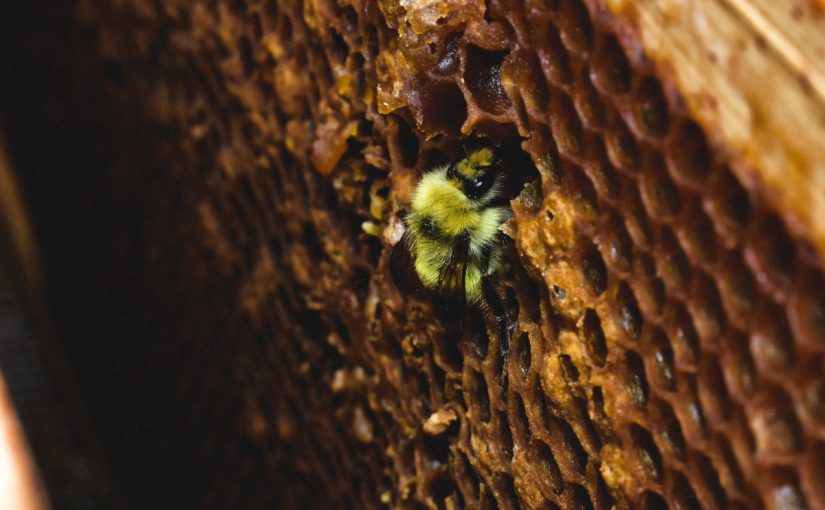Article Source: What insects can tell us about the origins of consciousness
Humans are quick to compare other animals to themselves when considering consciousness. Perhaps this is a fair foundation, considering consciousness is quite an abstract, intangible idea. However, this often has the consequence of considering other animals as lesser. Most people are unlikely to claim an insect is intelligent, and perhaps I’m making assumptions, but most are likely to label them as lacking thought or consciousness.
In this post, we will explore this idea. To what extent are insects intelligent?
This article argues that insects are likely to possess subjective experience. So, what does that mean, exactly? Well, subjective experience is the basis for consciousness. It is the ego, meaning that the individual is it’s own point of reference. In the articles words, “the capacity for subjective experience is supported by integrated
structures in the midbrain that create a neural simulation of the state of the mobile animal in space.” If I am sitting here at my desk typing this, I know where Evergreen is in relation to me. I am my own reference point in the world, I am existent.
It is notable to point out that this is the extent of consciousness that insects possess, and they obviously lack more complex types of consciousness, such as our ability to reflect upon our own mental state, as well as self awareness, experience, and linguistic capability.
The major premise of the article is that the insect brain appears similar in structure to the human brain, and that the midbrain is what enables subjective experience in humans. This is supported by various examples of humans with damage to their cortex, but with intact midbrains, capable of subjective experience but not higher consciousness. While I am not a neuroscientist, the arguments seem plausible. Certainly these are questions for experts, and I’m sure this will be peer reviewed in the future.
Insect brains are capable of “[resolving] action and target selection, [processing] sensory information, and clearly [executing] a command function over the behavioral system.” A prime example of this is an interaction between Ampulex compressa and cockroaches. The wasp injects venom (GABA and octopamine antagonists) into the central complex (CX) of the cockroaches brain. This doesn’t paralyze the cockroach, but instead disrupts its ability to initiate behavioral protocol (the automatic actions that we talked about in Physiology and Function). The wasp then leads the passive cockroach by the antennae to its burrow. They also argue that the CX is therefore responsible for processing spatial information and organizing movement. Locusts use the CX to process polarized light information, so they can orient themselves based on the sun, using it like a compass. Honeybees are also known to possess this behavior.
While it is complicated, this is certainly an interesting topic. I find most of it entirely plausible, especially after learning a bit about honeybees. They can communicate locations via waggle dances, carefully inspect new home sites for specific parameters, and travel long distances while returning to a home site. Additionally, they perform different tasks as they age.
In fact, honeybees may even have emotions. Honeybees were aggravated, and found to have lower levels of hemolymph, dopamine, octopamine, and serotonin. They also exhibit negative cognitive bias after being antagonized, and would respond negatively to positively reinforced stimuli and even new stimuli, whereas unaggravated bees would be more likely to respond positively to the new stimuli. I would recommend checking the original publication out. While this doesn’t necessarily mean bees have subjective emotion, it certainly shows that they have chemical responses similar to us that leads to negative behavior when they are stressed.
Certainly findings like these help cement insects as intelligent creatures, to some extent. They may have basic consciousness and the ability to feel rudimentary emotion, something I would classify as intelligent.
